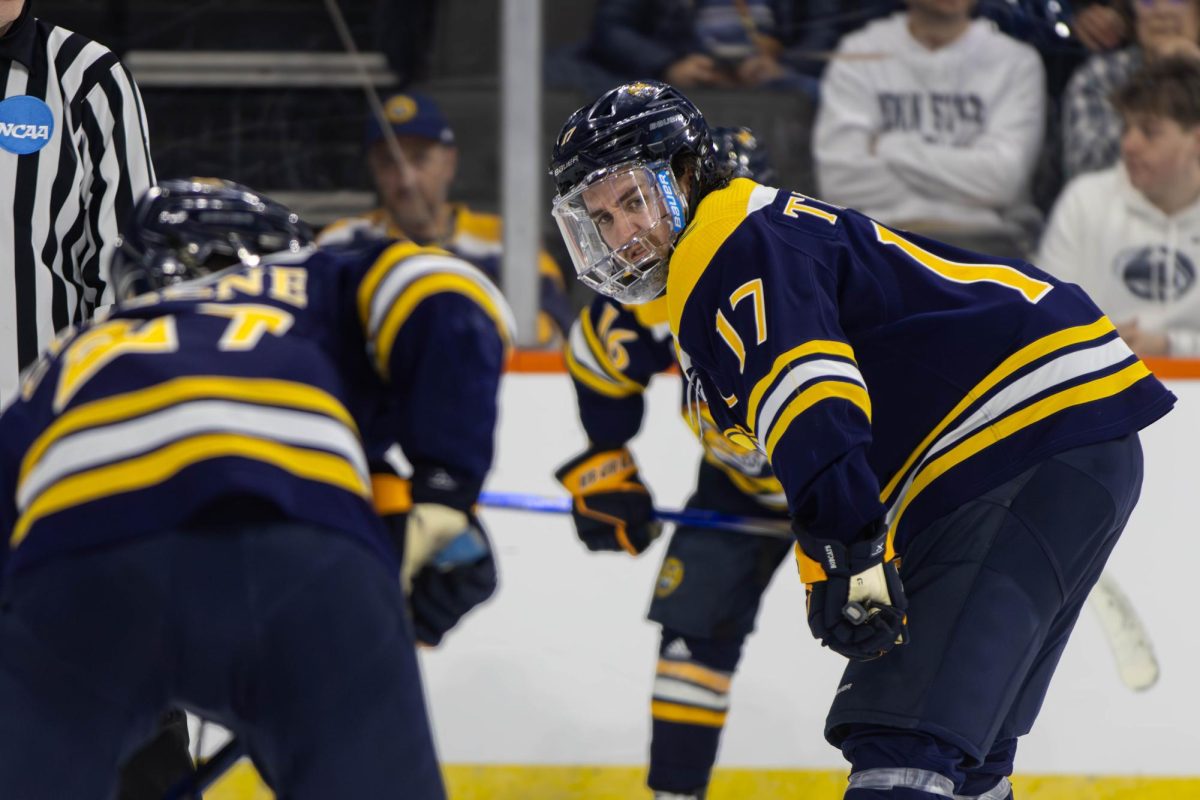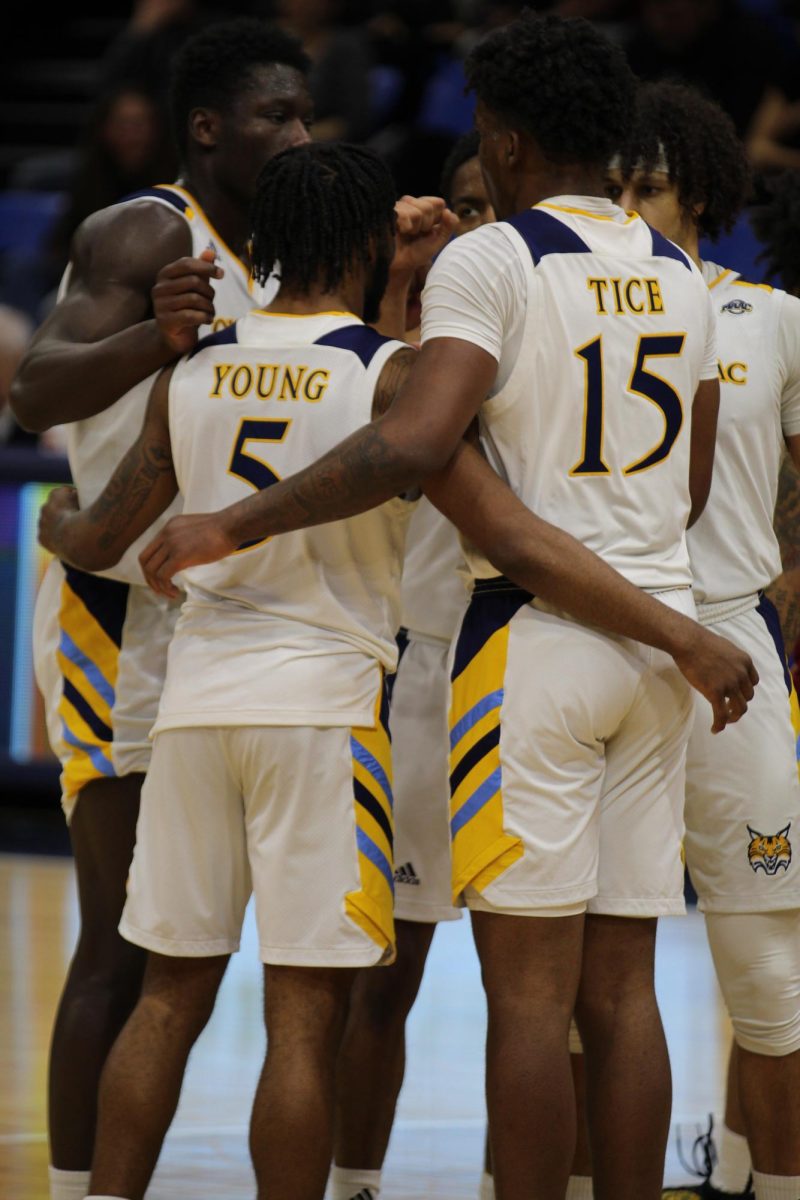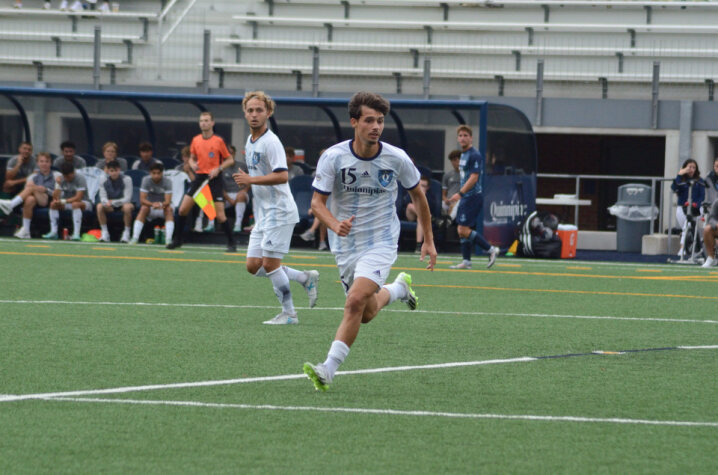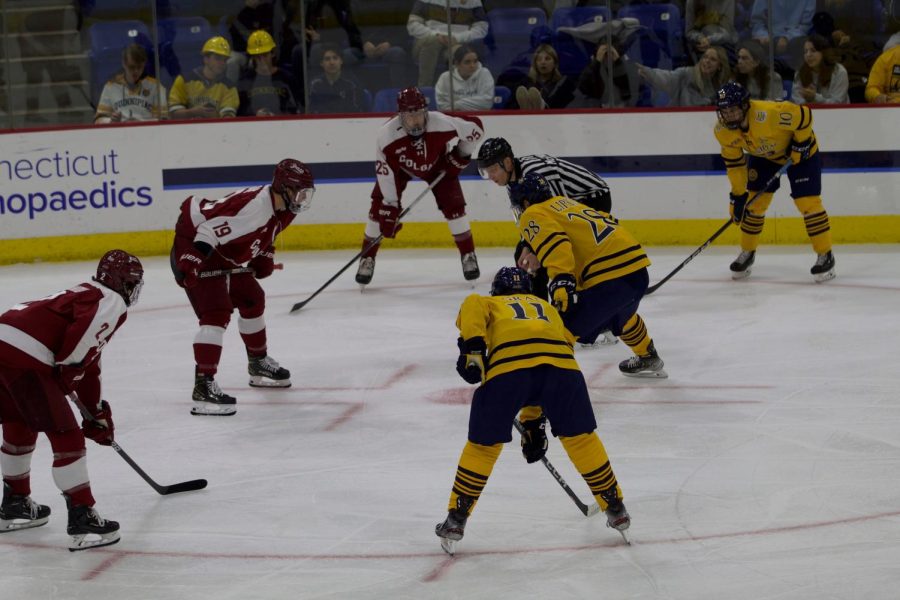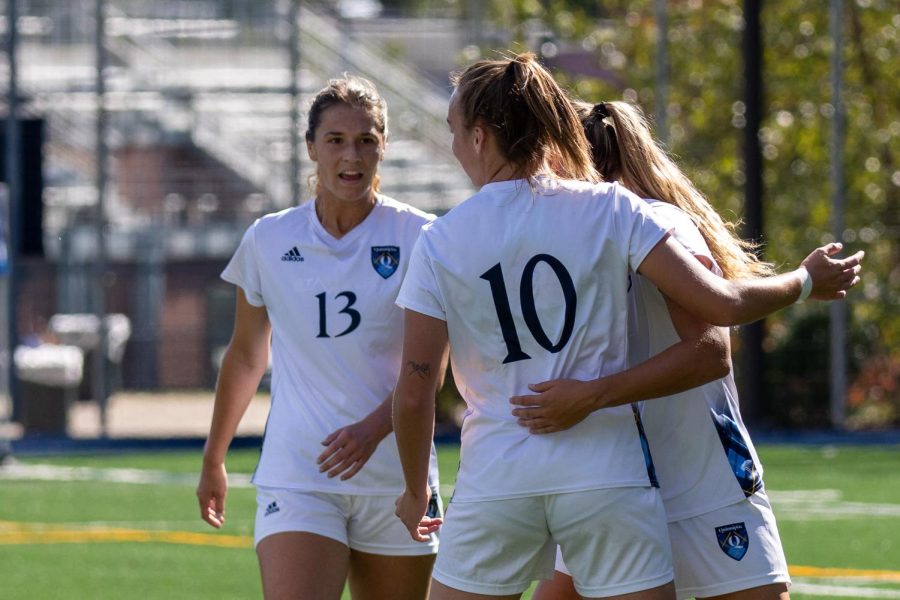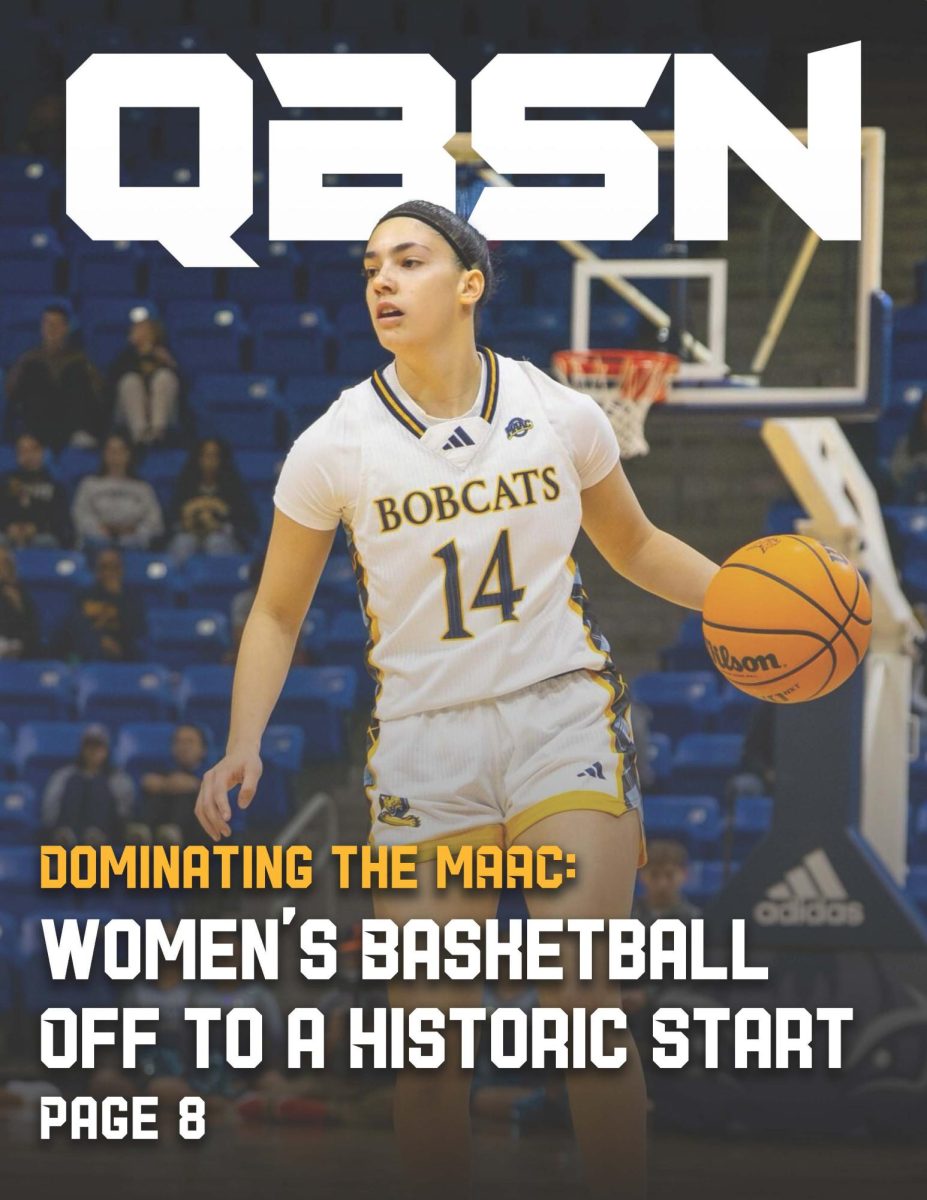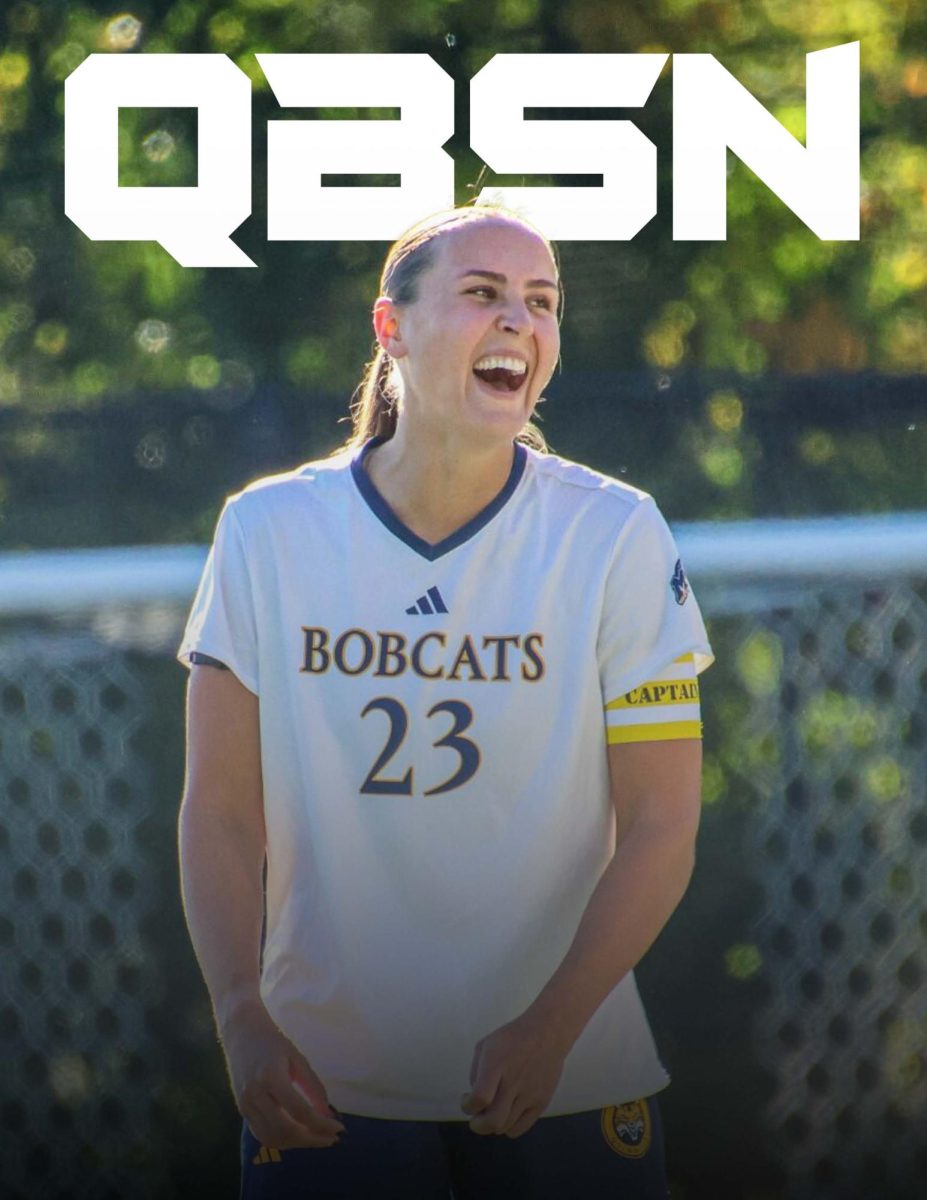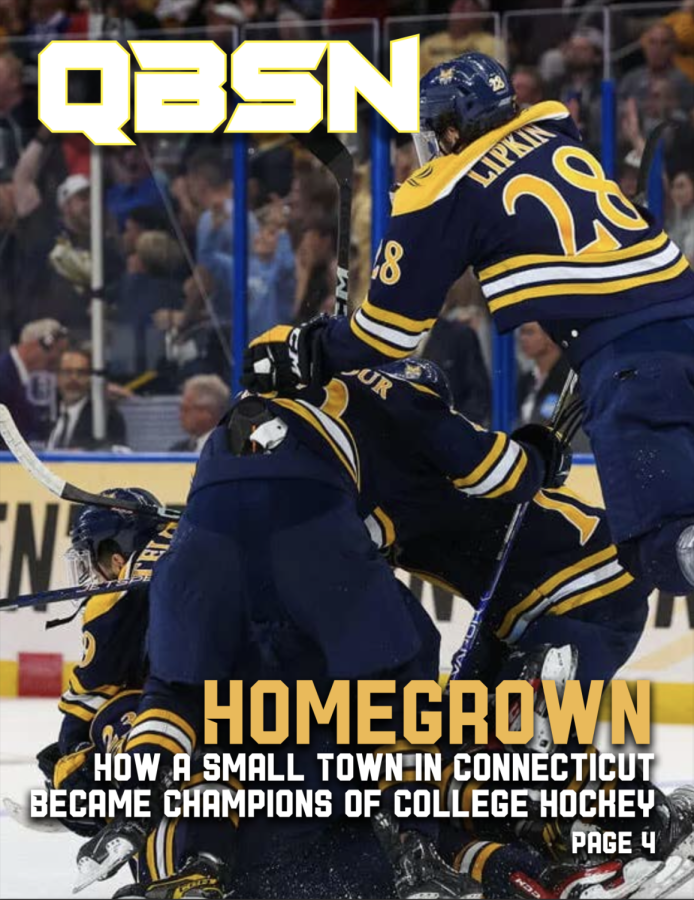When you’re an athlete, your sport is your life. You eat, sleep and breathe your sport. And when you get injured, your only goal is to recover so you can play again. Whether you break a finger or a leg, all you want is to suit back up.
In high school, I was a three-sport athlete. I practiced six days a week. Any free time in which I wasn’t playing was homework time or time spent with friends. To put it simply, I put sports before everything; before school, before friends, before family, and most importantly, before my health.
I got my first concussion when I was a sophomore. I took an elbow right between the eyes during a basketball game. I was out for a month. Three months later, I got my second. It would take five concussions for me to finally stop playing sports.
Was it worth it?
No.
Every hit I took, I became more and more susceptible to concussions. Since high school, I have gotten two more. My memory has slowly gotten worse. I now have terrible balance. I easily get headaches. There are things I can’t do because the risk of hitting my head is too high.
My life has been changed because of my head injuries. They’ve been bad, but they could have been worse. Because I actually spoke up about them.
Let’s talk numbers for a second. According to the NCAA, the sport with the highest concussion rate per 10,000 athletic exposures is wrestling, with 10.9. Men’s ice hockey follows with 7.9, women’s ice hockey takes third with 7.5, and football comes in with 6.7.
In a 2014 study by Harvard and Boston University, researchers found that 1 in 27 concussions are reported in NCAA Division I football. According to these numbers, 96% of college football players do not report their “dings” or suspected concussions.
These numbers could mean two things: either players want to keep playing through their head injuries or they feel pressure to play through their head injuries. This speaks volumes about both how uninformed athletes are of the consequences of concussions, and the preconceptions that go along with what I like to call an “invisible injury”.
First and foremost, we need to talk about what concussions actually do to the brain, and how that affects one’s body functionality. Weill Cornell Medicine defines short-term concussion symptoms as headache/pressure in the head, “not feeling right,” nervousness or anxiety, drowsiness, dizziness/vertigo, slow responses, irritability, low energy, nausea, poor memory, being more emotional than usual, feeling slowed down, sensitivity to light or noise, poor concentration, sadness, trouble falling asleep, numbness/tingling or neck pain, repeating questions, sleeping more than usual, balance problems, and looking “dazed.”
However, if symptoms persist long past the injury, they could be symptoms of post-concussion syndrome. Those symptoms tend to be headaches, dizziness, difficulty concentrating or completing tasks, irritability, and the sense of not feeling like yourself.
Within the past few years, more and more research has surfaced about Chronic Traumatic Encephalopathy, or CTE. According to the Concussion Foundation, CTE develops most frequently in athletes who take repeated hits to the head (football players, boxers, ice hockey players), and military veterans.
Essentially, CTE is a disease in which “a protein called Tau forms clumps that slowly spread throughout the brain, killing brain cells.” Symptoms of CTE don’t start to appear until a person’s late 20s or 30s. Symptoms can include impulse control problems, aggression, depression, paranoia, problems with thinking and memory, aggression, depression, suicidality, parkinsonism, and eventually progressive dementia.
So essentially, excessive concussions can have a serious impact on an athlete’s life. Why anyone would want to play through a head injury and risk the probability of CTE is beyond me, but I do have some guesses.
What people don’t always tell you about having a concussion is how useless and weak it makes you feel. Concussions are degrading; while recovering you can’t use screens, you can’t read anything challenging, you can’t do anything stimulating.
But people look at you funny because they don’t see that anything’s wrong with you. It’s not like a broken arm or sprained ankle; there is no visible evidence that you are injured. Whenever I was concussed, I was always worried that people would think I was over exaggerating my symptoms or that I should just toughen up and suck it up.
It took a long time for me to realize that my health was more important than getting back on the field or court. After three concussions I became more aware of what the consequences were going to be. After five, I became worried about my future. And every time I get another concussion, I wonder what would have happened if I had stopped playing.
So for all athletes out there, I’m begging you. If you get a concussion, take it seriously. Don’t play through it, speak up. It’s not worth risking your health and your future.
It’s not worth it.



